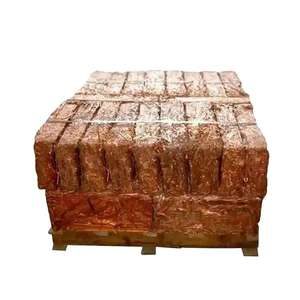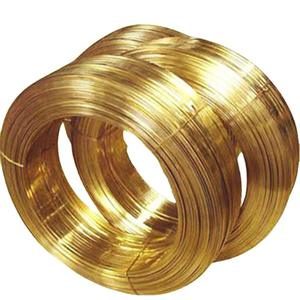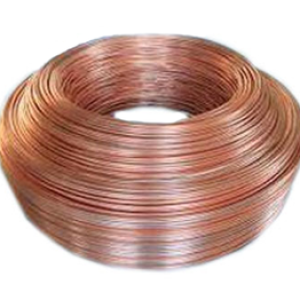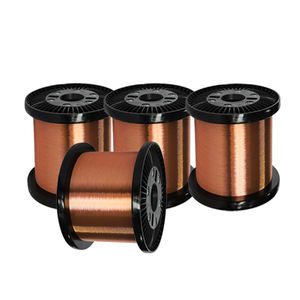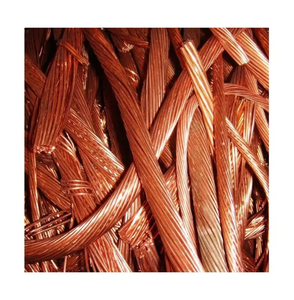
(Metal Tin Can Welding Copper Wire)
Parameters of Metal Tin Can Welding Copper Wire
The parameters for metal tin can welding copper wire will depend on the specific requirements of the application and the type of materials being used.
Some common factors that may affect parameter values include:
* Tin content: The tin content of the material being can have an impact on the amount of flux required and the final strength of the weld.
* Copper wire diameter: The diameter of the used in the process can also affect parameter values, as different wire diameters require different amounts of flux to achieve good bonding and reliability.
* Welding pressure: The pressure applied during the welding process can affect parameter values, as higher pressures generally result in stronger bonds and more reliable.
* Temperature: The temperature at which the is performed can also affect parameter values, as higher temperatures can cause more significant thermal expansion and can lead to weakened or cracked connections.
It’s important to consult with a professional in welding to determine the appropriate parameters for a particular application based on your specific needs and requirements.
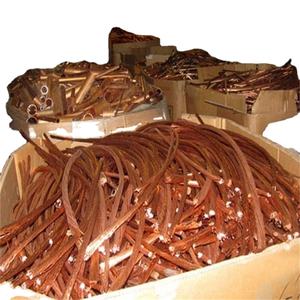
(Metal Tin Can Welding Copper Wire)
Applications of Metal Tin Can Welding Copper Wire
-
Electrical Wiring: Used extensively in building wiring for lighting, heating, and power distribution due to its high conductivity and safety.
-
Electronics: Found in PCBs, transformers, motors, and various electronic components where precise signal transmission is crucial.
-
Telecommunications: Copper wires, especially twisted pairs, are used in telephone lines and data transmission cables.
-
Power Transmission: Thicker copper wires are used in power grids for transmitting electricity over long distances.
-
Automotive Industry: Copper wiring is essential in vehicles for the electrical system, including ignition, lighting, and control systems.
Company Profile
Copper Channel is a trusted global metal material supplier & manufacturer with over 12-year-experience in providing super high-quality copper products and relatives products.
The company has a professional technical department and Quality Supervision Department, a well-equipped laboratory, and equipped with advanced testing equipment and after-sales customer service center.
If you are looking for high-quality copper materials and relative products, please feel free to contact us or click on the needed products to send an inquiry.
Payment Methods
L/C, T/T, Western Union, Paypal, Credit Card etc.
Shipment
It could be shipped by sea, by air, or by reveal ASAP as soon as repayment receipt.
FAQs of Metal Tin Can Welding Copper Wire
Q: Why is copper used more than other metals for wiring?
A: Copper’s high conductivity, combined with its relatively low cost compared to precious metals like gold or silver, makes it the preferred choice for electrical wiring applications.
Q: Is Metal Tin Can Welding Copper Wire insulated?
A: No, not all copper wires are insulated. Bare copper wire is used in grounding applications and where direct contact with other conductive materials is intended.
Q: How do you determine the gauge of a Metal Tin Can Welding Copper Wire?
A: The gauge of a Metal Tin Can Welding Copper Wire refers to its diameter and is typically measured using the American Wire Gauge (AWG) system, where a lower number indicates a thicker wire.
Q: Can Metal Tin Can Welding Copper Wire be recycled?
A: Yes, copper is highly recyclable. Old or scrap copper wire can be melted down and reused without losing its properties, making it an environmentally friendly material.
Q: What is the difference between stranded and solid copper wire?
A: Solid copper wire consists of a single, unbroken strand, whereas stranded copper wire is composed of multiple thinner wires twisted together, providing increased flexibility and durability, especially in applications where frequent movement or bending occurs.
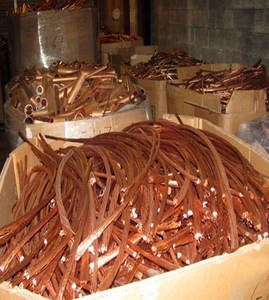
(Metal Tin Can Welding Copper Wire)


